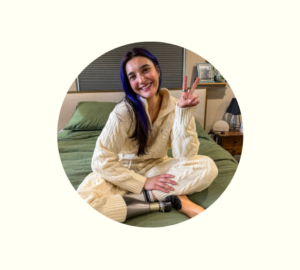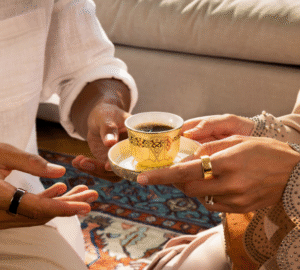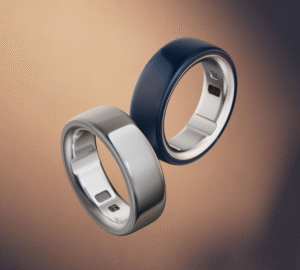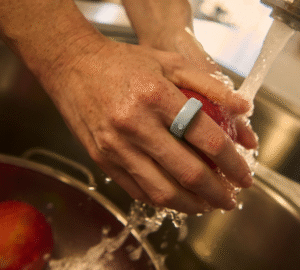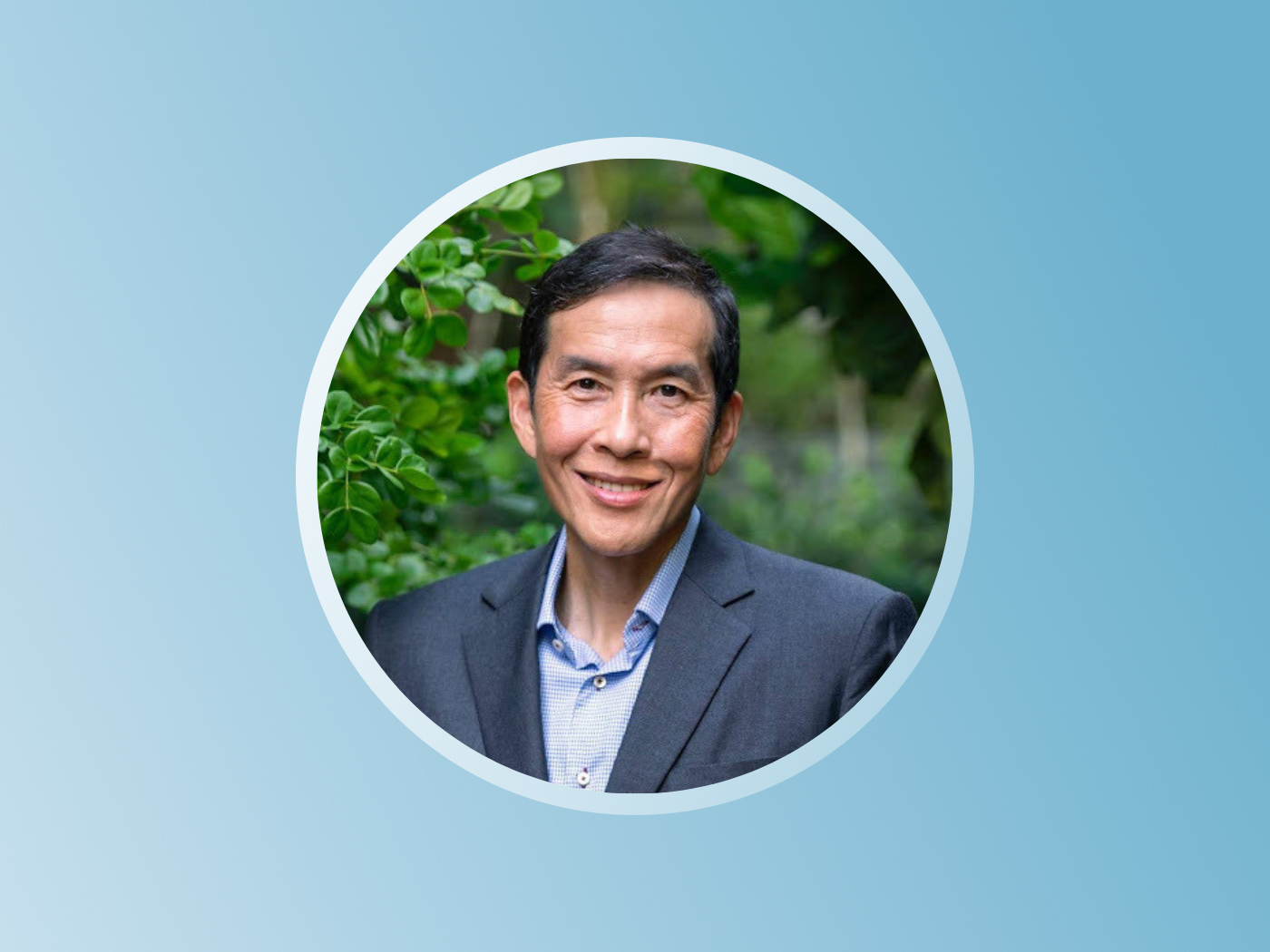Dr. Michael Chee is the director of the Centre for Sleep and Cognition, Yong Loo Lin School of Medicine, National University of Singapore. A renowned sleep scientist who previously practiced as a neurologist, his research on sleep began with examining the mechanisms underlying behavioral changes that accompany a night of total sleep deprivation.
He proceeded to characterize the effects of different levels of sleep restriction on adolescent cognition and mood, as well as investigate the benefit provided by mid-afternoon naps. More recently, he has worked on devising novel ways to use wearable devices to support population health, cognitive aging, vascular health, and mental wellbeing.
He has published extensively in peer-reviewed journals and has had his work featured in media outlets around the world. He is known for his wide-ranging knowledge in human cognition and health technology and has consulted for AIA, one of the largest insurance companies in Asia. Dr. Chee is an ardent advocate for sleep as a vehicle for achieving longer, healthier, and better lives and works with a terrific team in Singapore to do that.
What’s your current area of focus in your research?
My group works on multiple topics related to sleep, unified by the intention of characterizing sleep and its effects along multiple dimensions and across different groups of people. Our goal is to contribute to the improvement of human health, well-being, and potential.
I envision a future where individuals are empowered to optimize their management of night and day, considering individual differences in sleep needs, capacity for physical activity, and mental resilience. Key to realizing this dream is the development of predictive models trained on high-quality data covering salient aspects of human behavior while minimizing the need for direct user input.
To this end, we have been concurrently collecting sleep, mood, physical activity, smartphone usage pattern, and perceived stress data on a daily basis over months and in hundreds of persons, using a combination of technologies.
Additionally, we have been working with Oura to co-develop novel uses of nocturnal sensor data, with a view to providing guidance on how lifestyle can modulate vascular health. Collectively, these efforts benefit tremendously from Oura’s commitment to obtaining highly accurate sleep and physiological measures for use with clear health goals in mind.
RELATED: New Study Uses Oura to Uncover the Link Between Sleep and Self-Reported “Readiness”
What’s the top misconception people have about sleep?
That taking care of sleep is something that can be deferred “till later” or at least until after reaching milestone “X.” Unlike physical appearance, which can change rather dramatically with diet or physical exercise, the benefits of better sleep don’t have near-term physical manifestations that many people care about. People who change their sleep habits could realize improvements in mood, motivation, and reduced sleepiness. However, I’ve been surprised at how blind many are to these benefits.
Based on your research, what habits would you recommend to someone looking to improve their sleep?
Habits are notoriously difficult to change. By far the most important first step is to elevate one’s valuation of sleep as a modifiable lifestyle factor. If you don’t do this, nothing else really matters.
Letting go of the concerns of the day before it gets too late is probably the most important next step to better sleep, and eventually, better mental wellbeing and health.
Specific measures differ from person to person and over time, even in the same person. Also, “good sleep” means as much and at a timing that enables you to wake up feeling refreshed and ready to meet the day. So, what works for your friend might not for you.
How would you recommend someone use the data provided by a wearable device, such as Oura, to understand and improve their sleep?
Wearing an Oura Ring and using the advisories issued is akin to having a trustworthy sleep coach. Oura is unique in the consumer sleep tech industry because its founding mission was to improve sleep.
If you are relatively healthy, trust the accuracy of Oura’s sleep readout. My group has thoroughly tested Oura Ring Gen3 in lab, simulated field, and field settings, and we vouch for its accuracy.
Pay attention to total sleep time, continuity of sleep (reflected in sleep efficiency), and your sleep regularity. Add this to how you feel when you wake up: Are you well rested? Are you motivated to do things?
Together with Oura’s Sleep Score, which adapts to individual sleep patterns over time, you can develop a pretty good internal model of what you need to adjust — e.g. get to bed earlier, try to regularize your schedule, and put in place a wind-down routine that works for you, whether it’s breathing, reflection, mindfulness exercises, or listening to calming sounds or a soothing human voice. Oura provides all of these in your membership.
The advice issued will evolve over time and become more personally relevant as we learn more about sleep patterns and their impact. Never before have we been able to do this to the degree we now can. If you are interested in optimizing sleep, health, and well-being, you’ve settled in the right place.
Rapid-fire Round…
One word to describe your approach to health?
Stay-the-course.
Must-do morning ritual?
Reflect thankfully that I have the opportunity to make a difference.
First Oura Score you look at in the morning?
Sleep, always.
Bad habit Oura has helped you break?
It keeps me mindful that I need to log off and tune out past a certain time at night.
Bedtime routine for good sleep?
Take a short walk in the still of the night before retiring; listen to something soothing.
Energy booster after a poor night’s sleep?
Go outside and walk in bright light and remind myself to pace that day.
One surprising accomplishment that’s not on your CV?
Cross-training people and building a supportive work environment.
Any unique hobbies or interests?
Being able to interact with random strangers anywhere, constantly trying to learn how different people think and what they cherish.







